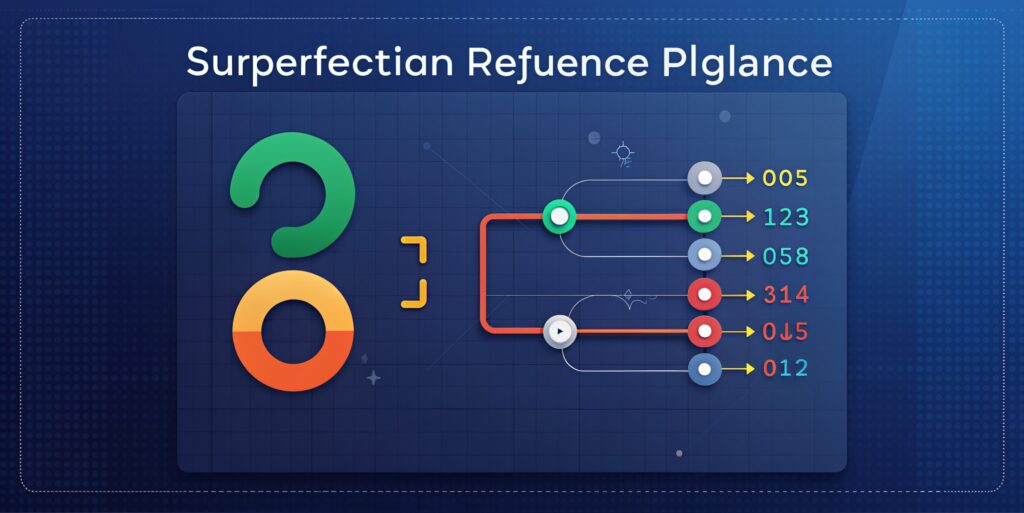In the world of programming, particularly when using the Golang language, there are many situations where you may need to replace one or more strings within a block of text. This can be done in various ways, and each method has its own strengths and weaknesses. Therefore, the best method you should use will greatly depend on your specific needs in the project. You need to consider factors such as task complexity, the number of strings to be replaced, and time efficiency when choosing the right method.
Use of String Replace Method in Programming:
- Applying the
strings.Replace()Function: Thestrings.Replace()function is a commonly used method in programming to replace a portion of a string in a text. This method is very useful in various situations, such as changing formats or correcting spelling errors.
Example of using the strings.Replace() function:
str := "Hello, world!"
newStr := strings.Replace(str, "world", "universe", 1)
fmt.Println(newStr)In the code above, we change the word “world” to “universe” in the string “Hello, world!”.
- Using the
strings.ReplaceAll()Method: Thestrings.ReplaceAll()method serves to replace all occurrences of a certain string in the text. This function is very effective if you want to replace every occurrence of a word or phrase in the text.
Example of using the strings.ReplaceAll() method:
str := "Hello, world! world is beautiful!"
newStr := strings.ReplaceAll(str, "world", "universe")
fmt.Println(newStr)The code above changes every occurrence of the word “world” to “universe” in the string.
- Implementation of the
strings.BuilderMethod: Thestrings.Buildermethod can be used to build or create a new string by replacing a portion of the existing string. This method is very effective if you want to create complex strings or manipulate strings on a large scale.
Example of using the strings.Builder method:
builder := strings.Builder{}
builder.WriteString("Hello, ")
builder.WriteString("world!")
newStr := builder.String()
newStr = strings.Replace(newStr, "world", "universe", 1)
fmt.Println(newStr)The code above shows how to build a new string and change a portion of the string with the strings.Builder method.
Tips for Choosing a String Replace Method in Golang Programming:
- First, you can use the
strings.Replace()function if the objective is to replace one occurrence of a string. This function is very useful in situations where you only need to change one part of the string. - Next, the
strings.ReplaceAll()method is the right choice if your aim is to replace all occurrences of a string. This method is very effective when you want to change all occurrences of a particular string in the text. - Finally, use the
strings.Buildermethod if you want greater control over the string replacement process. This method provides a lot of flexibility and control, allowing you to manipulate strings in a more specific way.
Conclusion:
In Golang programming, there are several methods that can be used to replace strings. Each method has its own strengths and weaknesses, and the best method choice will greatly depend on your specific needs and context. By understanding how each of these methods works, you can make better decisions about which method to use in various programming scenarios.







